
Campaigns
Chalk Stream Restoration Strategy: one year on, there’s good news and bad news
October 2021 saw the publication of the Chalk Stream Restoration Strategy. This comprehensive report set out a series of actions needed from water companies, the Environment Agency, OFWAT, Defra and NGOs to rescue our globally important chalk streams and restore them to a near natural state where iconic fish like Atlantic salmon and brown trout can once more thrive.
Today, the Catchment Based Approach (CaBA) group, including the Angling Trust, published its assessment of progress, one year on.
Stuart Singleton-White, Angling Trust’s Head of Campaigns, said:
“This is only the first year, so we weren’t expecting miracles. What this report shows is both good progress in places and no progress in others.”
In the good column, it is pleasing to see the commitment from the water companies to develop a suite of flagship restoration projects covering chalk streams right across the counties they are found, from Dorset in the southwest to Yorkshire in the northeast. However, much of this progress is still at the “drawing board” stage, and with many, we will not see any material difference to our chalk streams for years, even decades to come.
We must not lose sight of what is needed, and that by continuing to track progress and publish an annual review of that progress we can keep the pressure on and not allow either the regulators or the water companies to row back on their commitments if the solutions appear too complex or too expensive.
It is pleasing to see both OFWAT and the Environment Agency accepting the principle of “Chalk Streams First”. A concept where you shift the abstraction of water from their headwaters to further downstream, thus allowing the chalk stream, its habitat and fish, to have first use, allowing more action to maintain flows.
In the not so good column, three of the four integrated policy recommendation are showing a concerning lack of progress. These are vital in underpinning all the other recommendations. The value of the strategy is not solely in the individual recommendations, but in how they all sit together and make up that “trilogy of ecological health”.
Singleton-White, added:
“The political turmoil of the past year has prevented Defra from making the progress needed if the rhetoric and commitments they made when we launched the restoration strategy in 2021 are to be made real. With Minister Pow now returning to her role in Defra, we want to see more progress in the year to come.”
The urgency needed becomes more obvious every day. On the day this progress report was launched the Environment Agency published their River Water Temperature Projection for English chalk streams. It makes for grim reading for anyone who cares about chalk streams and the glorious fish found in them. The report concludes:
‘An important temperature threshold for salmonid egg survival during the winter spawning period of 12°C will likely be exceeded at over 85% of sites by 2080 and adult brown trout will continue to be under threat from high summer temperatures with all sites exceeding that species’ upper critical temperature range of 19.5°C by 2080.’
Given this, there is no time to waste, and in the coming years the Angling Trust, with our partners, will continue to push forward the recommendation of this restoration strategy. We will not rest until we see action and change on the ground and more wild fish in our chalk streams.
You can read the joint NGO response to the progress report here.
You might also like

We want a water industry fit for purpose

Another year of anglers’ data reveals another year of…

Get Fishing Fund – Funded Project: ‘Summerhayes Junior Angling…
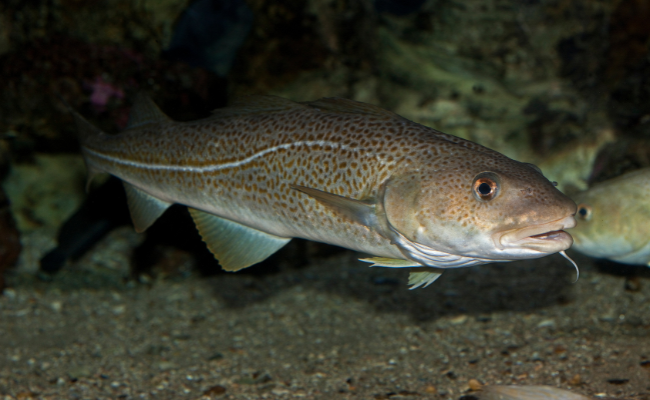
Will the UK-EU Fisheries Deal Deliver for Sustainability and…

The smile says it all! Kayson is hooked! –…
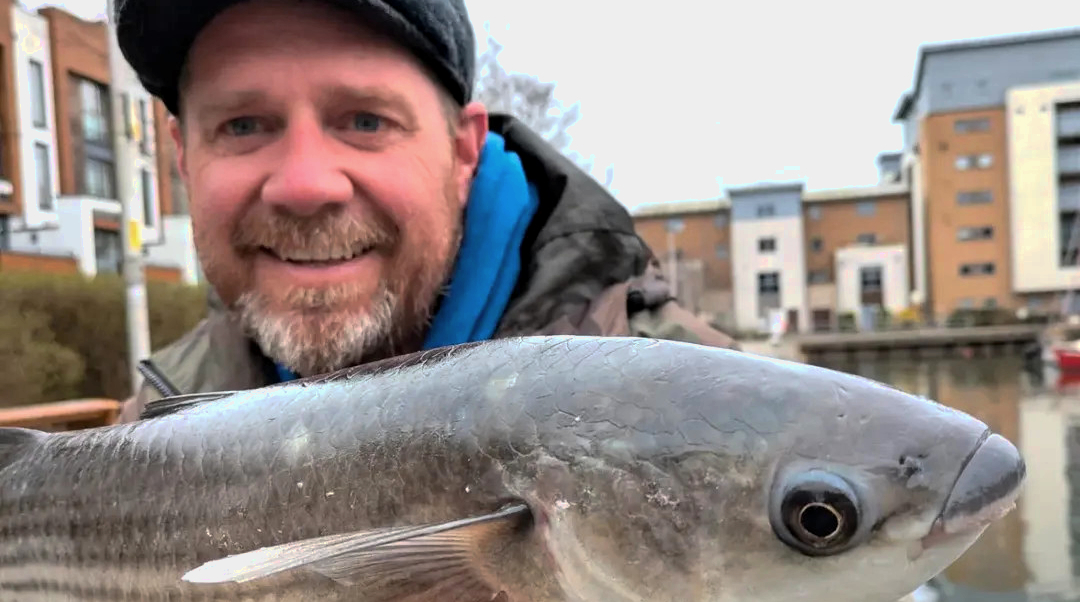
Our Man with a Mullet! Dean Asplin, enjoys a…
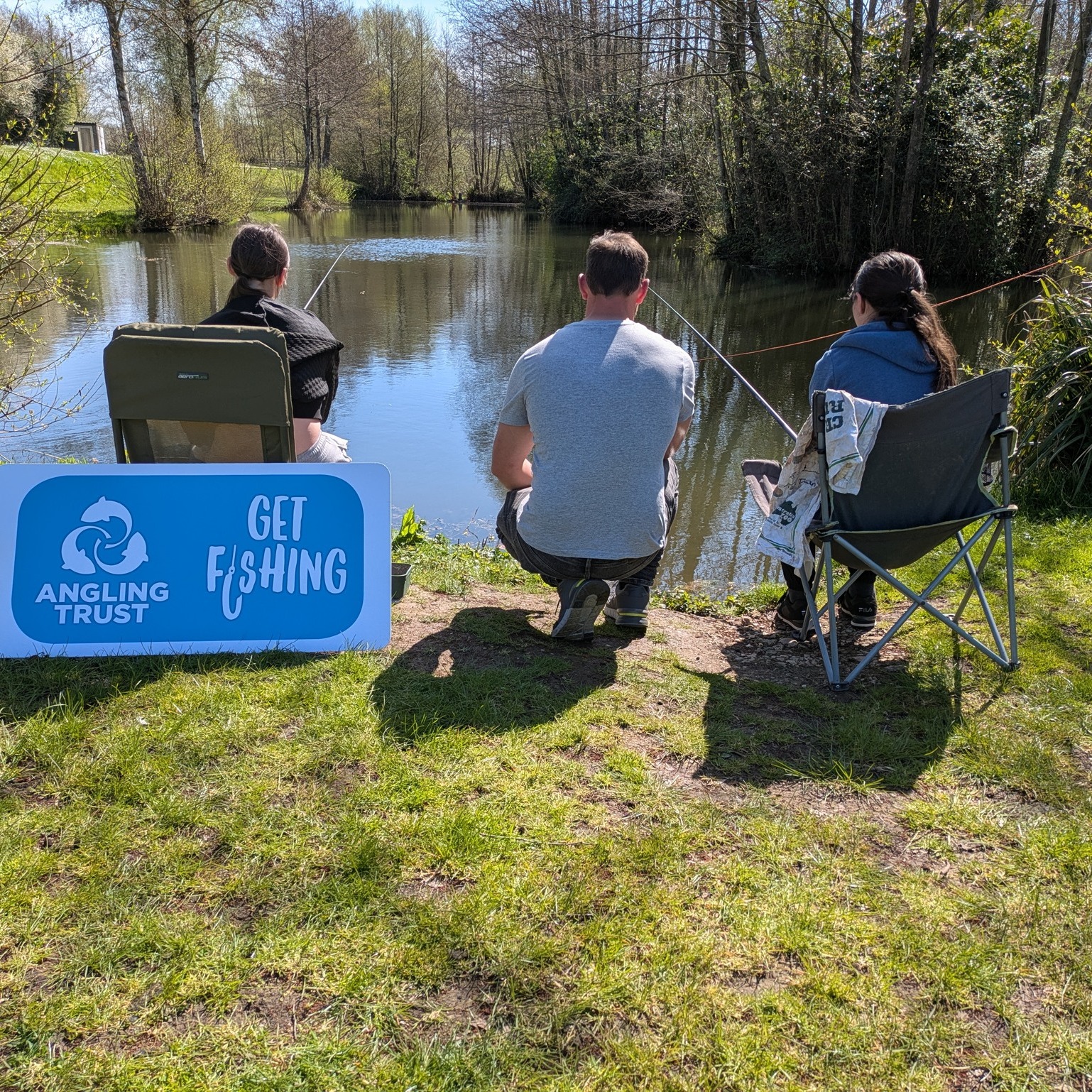
Underdog Crew hosts top draw fishing events with Hintlesham…
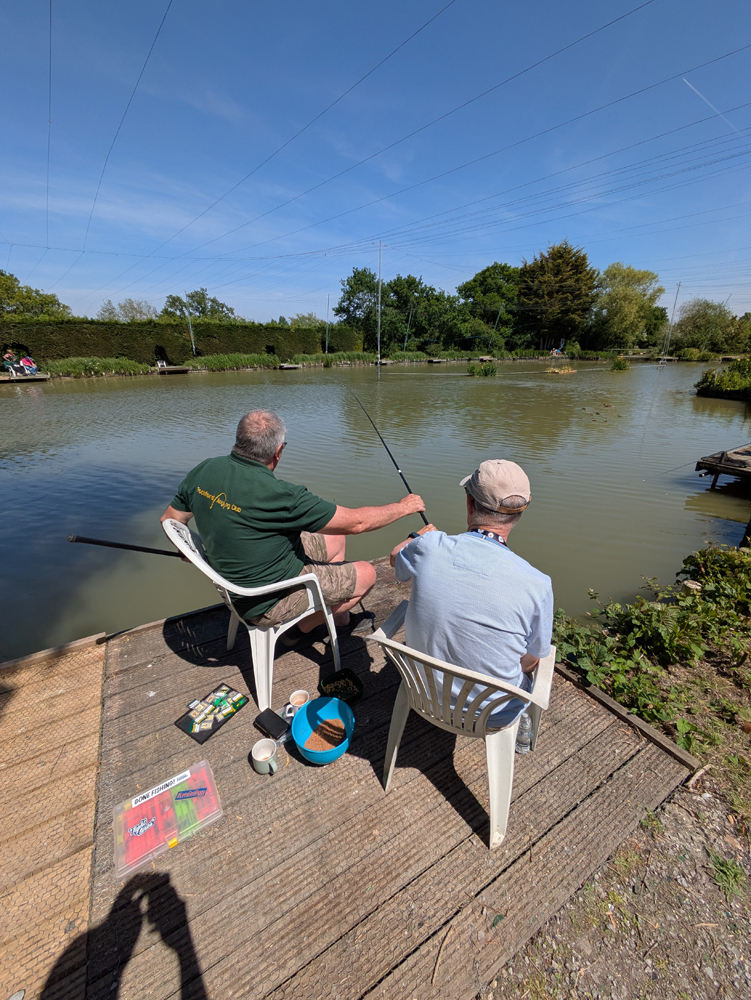
NEW BLOG: Fishing helped my Peaceful Place members with…
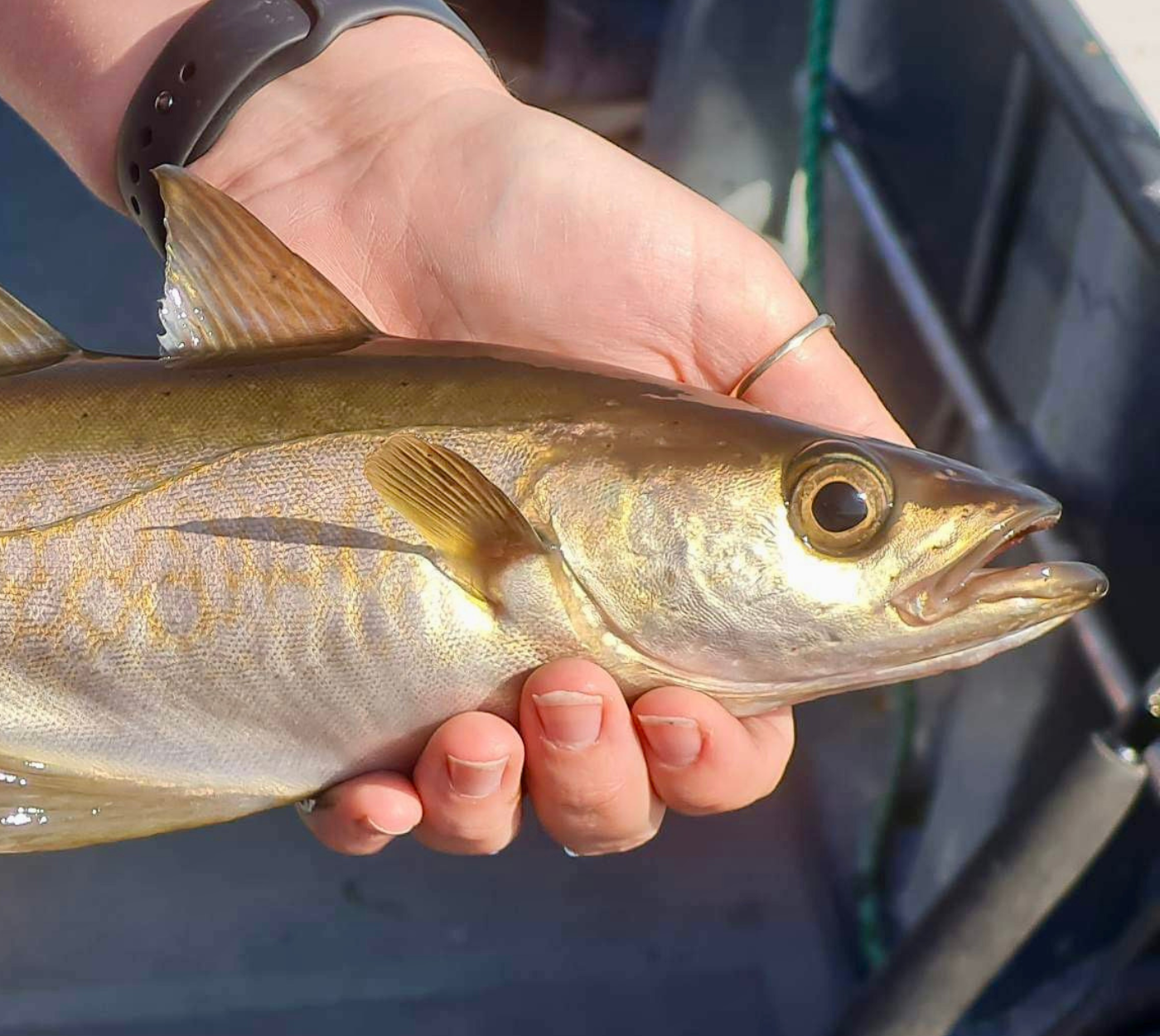
Minister’s Visit Highlights Collaborative Action on Pollack Conservation

Angling Trust calls for radical reforms to end sewage…
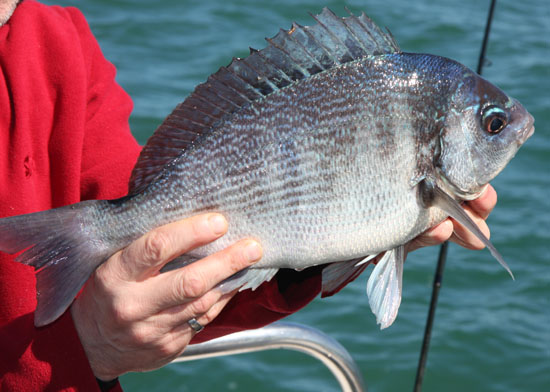
Have Your Say: Shape the Future of Black Bream…
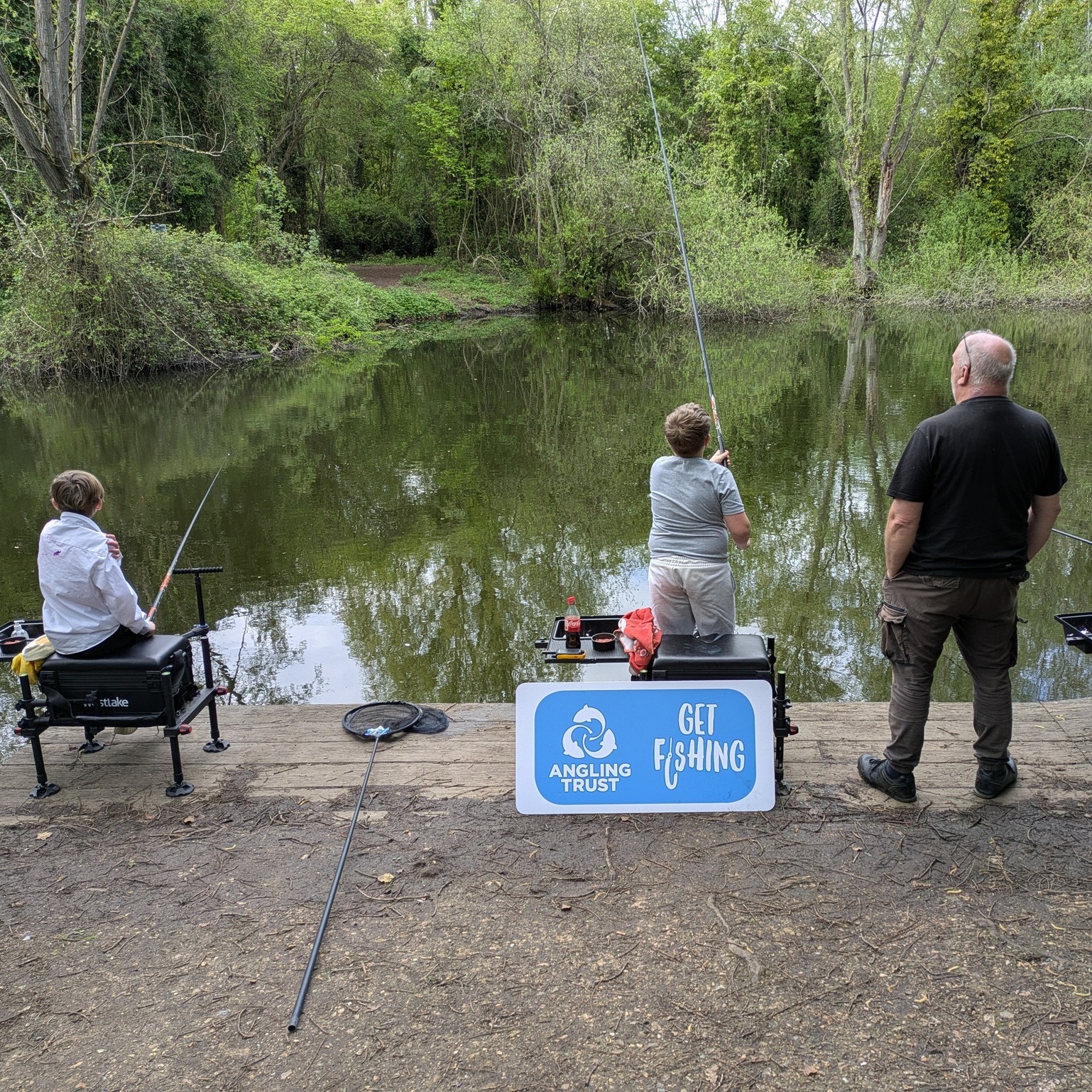
NEW BLOG: Get Fishing Award event for North Cambridge…

We want a water industry fit for purpose

Another year of anglers’ data reveals another year of…

Get Fishing Fund – Funded Project: ‘Summerhayes Junior Angling…

Will the UK-EU Fisheries Deal Deliver for Sustainability and…

The smile says it all! Kayson is hooked! –…

Our Man with a Mullet! Dean Asplin, enjoys a…

Underdog Crew hosts top draw fishing events with Hintlesham…

NEW BLOG: Fishing helped my Peaceful Place members with…

Minister’s Visit Highlights Collaborative Action on Pollack Conservation

Angling Trust calls for radical reforms to end sewage…

Have Your Say: Shape the Future of Black Bream…

NEW BLOG: Get Fishing Award event for North Cambridge…

We want a water industry fit for purpose

Another year of anglers’ data reveals another year of…

Get Fishing Fund – Funded Project: ‘Summerhayes Junior Angling…

Will the UK-EU Fisheries Deal Deliver for Sustainability and…

The smile says it all! Kayson is hooked! –…

Our Man with a Mullet! Dean Asplin, enjoys a…

Underdog Crew hosts top draw fishing events with Hintlesham…

NEW BLOG: Fishing helped my Peaceful Place members with…

Minister’s Visit Highlights Collaborative Action on Pollack Conservation

Angling Trust calls for radical reforms to end sewage…

Have Your Say: Shape the Future of Black Bream…









